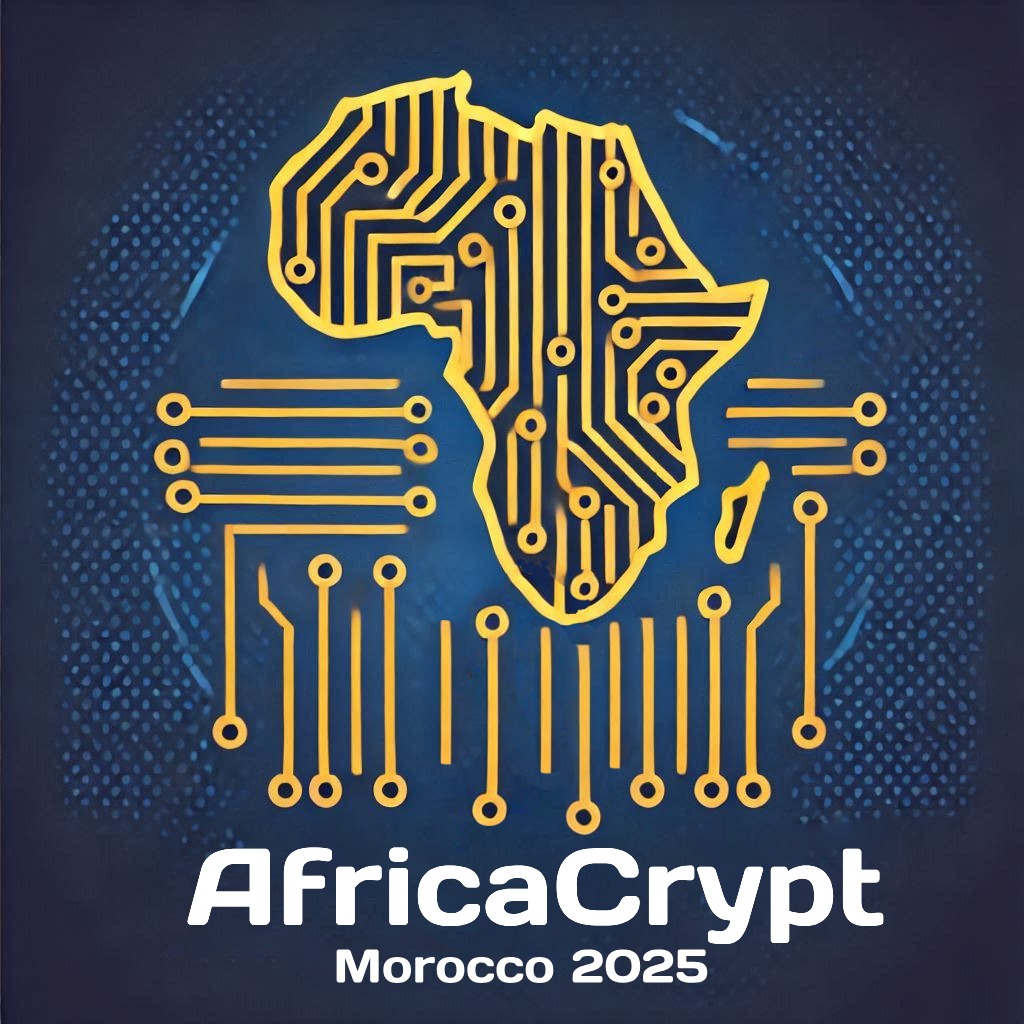Professor at École Polytechnique, France
Olivier Blazy is a professor at École Polytechnique specializing in cybersecurity and cryptography. His research focuses on cryptographic protocols, zero-knowledge proofs, and post-quantum cryptography, with contributions to the NIST PQC competition. He has served as an associate professor at the University of Limoges and led the ANR project IDFix, which explores identity-based communications. His work also extends to European cybersecurity policy discussions and media engagements on security issues.
His research focuses on the areas of implicit cryptography and identity-based communications. Dr. Blazy is currently leading the ANR project IDFix, which specializes in ID-based communications.
Implicit Cryptography
Identity-based Communications
Authenticated Key Exchange
Talk Presentation
"HQC and the Future of Code-Based Cryptography: From Foundations to Hybridization"
The approval of HQC (Hamming Quasi-Cyclic) for standardization by NIST marks a major milestone for code-based cryptography in the post-quantum landscape. This talk will first revisit the evolution of code-based encryption, from the seminal McEliece scheme of 1978 to the pioneering work of Alekhnovich, who introduced the a code-based encryption scheme with provable security with proper reduction — set ting the stage for modern constructions. We will then delve into the design of HQC itself, emphasizing its reliance on quasi-cyclic structures and the hardness of decoding random errors, which underpin its secu rity guarantees. Special attention will be given to the HHK transform, a refined framework that ensures an efficient full CCA-2 security (both in the ROM and the QROM), crucial for secure deployment in practice. In the final part of the talk, we will explore cryptographic agility through hybridization strategies, with a focus on a new technique inspired by the X-Wing framework. This approach enables the combination of classical and post-quantum encryption schemes, preserving security guarantees while facilitating a smooth and secure transition to post-quantum infrastructures. The presentation will offer both a historical perspective and a deep dive into the technical and practical innovations that lead to the selection of HQC.
















